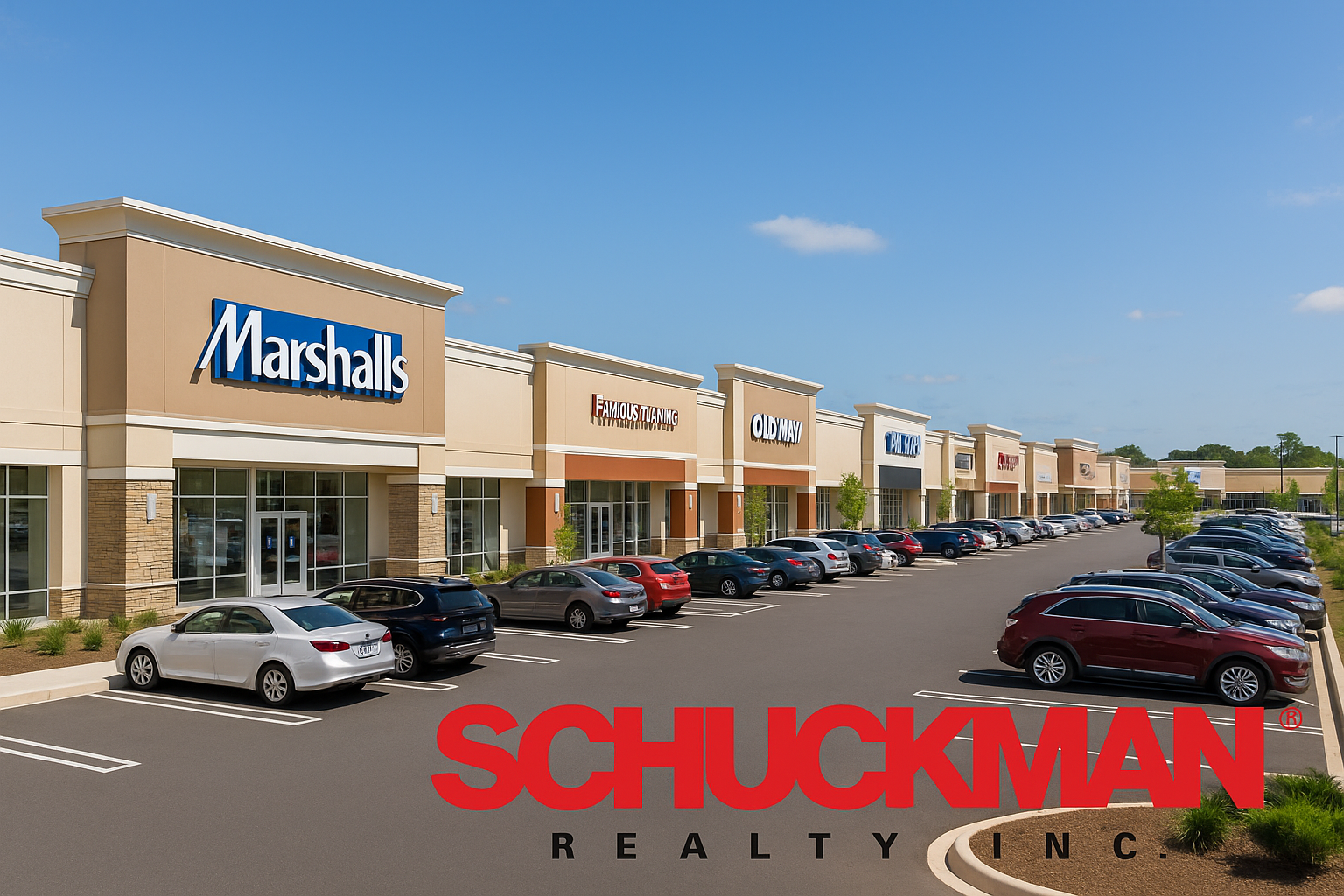As a seasoned real estate professional, I’m always watching the legislative landscape because even a single law can dramatically influence how we invest, structure deals, and advise clients. One piece of proposed legislation drawing significant attention is the One Big Beautiful Bill Act (OBBBA). Though still working its way through Congress, this bill carries powerful potential impacts for anyone in real estate—whether you’re a broker, an investor, or both.
Understanding 100% Bonus Depreciation in Real Estate
In real estate investing, depreciation allows property owners to deduct a portion of a property’s cost from their taxable income over time. Traditionally, this deduction is spread over 27.5 years for residential properties and 39 years for commercial properties. However, with 100% bonus depreciation, investors can deduct the entire cost of qualifying property components in the first year they are placed in service. This accelerated depreciation can significantly reduce taxable income in the year of acquisition or improvement.
How It Works
Bonus depreciation applies to specific components of a property, such as:
- Personal property with a recovery period of 20 years or less (e.g., appliances, carpeting, furniture).
- Qualified Improvement Property (QIP), which includes interior improvements to nonresidential buildings.
- Land improvements like landscaping and parking lots.
To identify these components, investors often conduct a cost segregation study, which breaks down the property into individual assets with varying depreciation schedules. By doing so, a significant portion of the property’s cost can be reclassified for shorter depreciation periods, making them eligible for bonus depreciation.
Benefits for Investors
- Immediate Tax Savings: Accelerating depreciation deductions can lead to substantial tax savings in the first year, improving cash flow.
- Enhanced Investment Returns: The tax savings can be reinvested, potentially increasing overall returns on investment.
- Offsetting Other Income: For those qualifying as real estate professionals, these deductions can offset not just rental income but also other active income sources.
Current Legislative Landscape
As of 2025, the bonus depreciation rate was scheduled to decrease to 40%, with further reductions in subsequent years. However, recent legislative proposals, such as the “One Big Beautiful Bill,” aim to reinstate 100% bonus depreciation for property placed in service after January 19, 2025. If enacted, this would allow investors to fully deduct qualifying property components in the year they are placed in service, providing a significant tax advantage.
Considerations
- Eligibility: Not all property components qualify. It’s essential to consult with tax professionals to determine eligibility.
- State Tax Implications: Some states do not conform to federal bonus depreciation rules, which may affect state tax liabilities.
- Recapture Rules: Upon sale of the property, previously claimed depreciation may be subject to recapture, leading to potential tax liabilities.
In summary, 100% bonus depreciation offers real estate investors a powerful tool to enhance cash flow and investment returns through immediate tax deductions. Staying informed about legislative changes and consulting with professionals can help maximize these benefits.
- Under current law, real estate improvements (like a new roof, HVAC systems, or interior remodels) usually depreciate over 15 years or longer.
- With 100% bonus depreciation, you could write off the entire cost in the first year.
Imagine buying a commercial building and spending $500,000 on renovations. Under OBBBA’s rules, you might deduct that entire $500,000 this year instead of spreading it out over more than a decade. That’s a massive way to reduce taxable income and free up cash flow.

